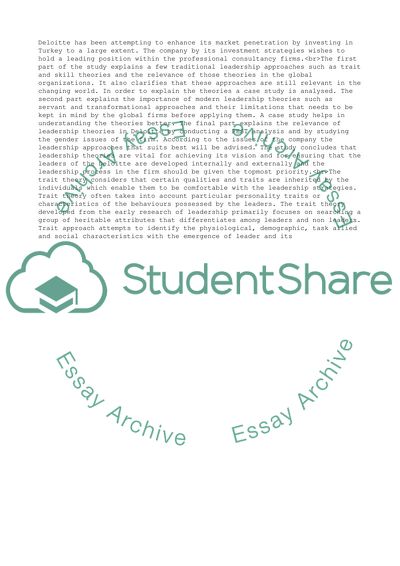Cite this document
(Leadership Coursework Example | Topics and Well Written Essays - 3000 words, n.d.)
Leadership Coursework Example | Topics and Well Written Essays - 3000 words. https://studentshare.org/management/1872567-leadership
Leadership Coursework Example | Topics and Well Written Essays - 3000 words. https://studentshare.org/management/1872567-leadership
(Leadership Coursework Example | Topics and Well Written Essays - 3000 Words)
Leadership Coursework Example | Topics and Well Written Essays - 3000 Words. https://studentshare.org/management/1872567-leadership.
Leadership Coursework Example | Topics and Well Written Essays - 3000 Words. https://studentshare.org/management/1872567-leadership.
“Leadership Coursework Example | Topics and Well Written Essays - 3000 Words”. https://studentshare.org/management/1872567-leadership.


